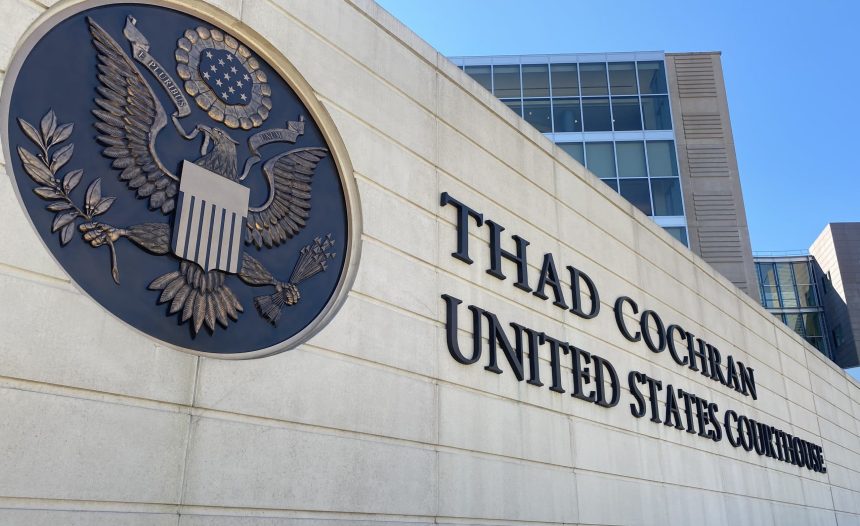A Mississippi law banning public schools from promoting or participating in diversity, equity, and inclusion (DEI) activities on campus has, once again, been put on hold.
U.S. Judge Henry Wingate on Monday issued a preliminary injunction extending a temporary restraining order on House Bill 1193. In essence, the judge is blocking the bill from going into effect until a final ruling can be reached on the matter.
The measure aimed at eliminating DEI programs was passed by the GOP-heavy state legislature and signed by Republican Gov. Tate Reeves in April. HB 1193 specifically outlaws the practice of using DEI to hire new employees and teach courses at all public schools, including K-12 education centers, junior colleges, and universities that receive taxpayer funding.
The legislation also requires local school districts, along with higher learning institutions, to adopt policies and procedures to investigate any possible violations of the regulations on DEI. Institutions found in violation could risk public funding. The legislation did not receive a single vote from a Democratic lawmaker.
Not long after the bill was passed, it was challenged by a lawsuit filed by the ACLU of Mississippi and others, on behalf of teachers, parents, and students. Wingate, who approved a motion for a temporary restraining order to block the bill back in July, has maintained a stance that the legislation conflicts with the 1st and 14th Amendments of the U.S. Constitution.
“Upon proof, this Court finds HB 1193 at odds with the First Amendment2 (as applied to the States through the Fourteenth Amendment) and the public interest of this State, and that its enforcement will cause irreparable injury to the named plaintiffs and the classes they represent,” Wingate wrote.
“As such, class-wide and statewide, this Court hereby grants the challengers’ request for, and so orders, a preliminary injunction, by which the defendants are enjoined from enforcing select sections of HB 1193, pending the final resolution of this matter.”
Plaintiffs, when pleading their case to the federal judge, contended that the DEI ban would water down classroom education. One witness on the plaintiffs’ side expressed concerns that the legislation could prohibit discussions on Dr. Martin Luther King, Jr., the Ku Klux Klan, the Fourteenth Amendment, Juneteenth, and other topics that are influential in American history.
“It is an enormous relief that the court has sided with academic freedom, free speech, and due process in its recent decision,” Deanna Kreisel, Associate Professor of English at the University of Mississippi and a member of the United Campus Workers, said. “The fight is not over, but at least for the time being, the students of Mississippi can continue to learn in an environment free of ideological constraints and partisan censorship.”
The defendants contended that the bill’s implementation would not result in “important historical and literary subjects dealing with issues of race” being dropped from course discussions. Additionally, the defense further argued that the 1st Amendment rights of teachers would not be violated since the educators, when in the classroom, are speaking on behalf of the government and not as private citizens.








